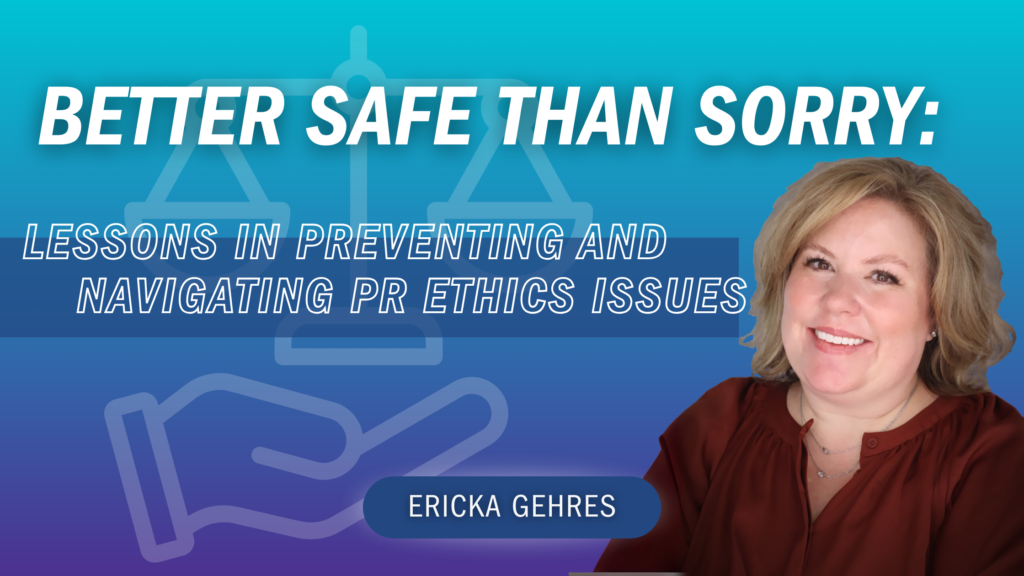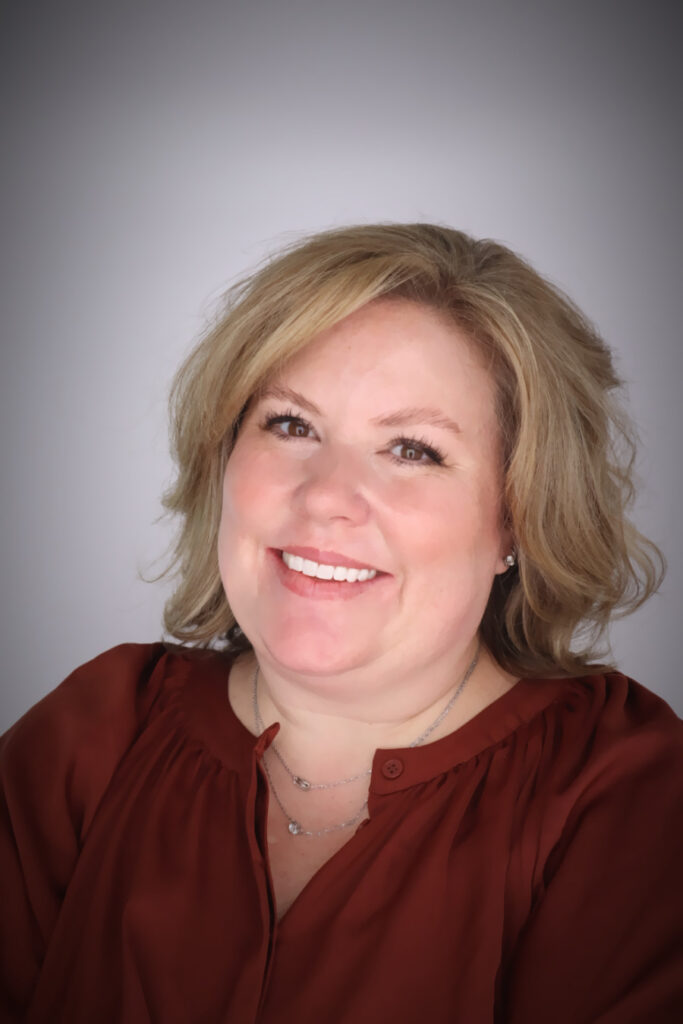Better Safe Than Sorry: Lessons in Preventing and Navigating PR Ethics Issues

In Student-run Firms, every campaign, client, and conversation is an opportunity to grow—not just in strategy and execution, but in integrity.
As director of Boiler Communication, Purdue University’s Student-run Firm, I’ve had the privilege of mentoring students as they navigate real-world work with real-world stakes. What I’ve learned, is that even in the most exciting campaigns, our top priority must be ethical clarity. In PR, your reputation isn’t just what others say about you—it’s what you consistently uphold, even when no one’s watching.
That’s why ethical missteps don’t just damage relationships—they erode the foundation of trust within your firm. Prevention is powerful, and proactive leadership can make all the difference. Here’s how we work to stay “better safe than sorry”—and what I’ve learned from the moments when things didn’t go according to plan.
Building a Culture of Ethics from Day One
Ethics cannot be an afterthought in a PR firm. It is important to begin each semester by introducing a clear set of values that ground our work: honesty, responsibility, transparency, and respect for confidentiality. These aren’t just buzzwords—they’re part of the decision-making framework.
Throughout the semester, we host roundtable discussions based on industry podcasts, where we discuss current industry trends, ethical issues, and connect these to our current client workload. These case-based conversations set the tone for how we think, speak, and act.
Establishing a clear code of ethics that every person works towards helps to set clear standards and firm expectations. When something feels off, they have a reference point—and the confidence to speak up. A significant aspect of the firm’s ethical operations begins with open and honest communication between me and the firm leaders.
Setting Boundaries with Clients
Clients are an essential part of the work we do, but not all client goals will align perfectly with our values or capabilities. That’s why it’s crucial to establish expectations from the outset.
We make sure every client understands what Boiler Communication will—and won’t—do. Firm leaders and clients complete contracts at the beginning of each semester that includes clear language around truthful messaging, data use, and audience transparency—. We also designate an account representative for every client to ensure consistent communication, and we conduct regular internal check-ins to make sure things are progressing ethically and professionally.
Over time, we’ve learned to watch for red flags early: vague campaign goals, hesitancy to share sources, or requests that feel more about “spinning” than communicating. By addressing these issues early, we’ve saved our teams from bigger problems down the line.
When Things Go Sideways: A Real Ethical Dilemma
During my time with Boiler Communication, our team encountered a situation that put our values—and our boundaries—to the test.
One of our clients suddenly requested a new campaign deliverable with a very short turnaround time. This was a complex project that would have required more time, strategy, and coordination than we could realistically offer without compromising the quality of the work—or burning out the team.
Our account executive handled it professionally, proposing a compromise: a scaled-down version that maintained the integrity of the campaign while respecting the firm’s bandwidth and previously agreed-upon scope. Unfortunately, the client became upset and unwilling to listen. The conversation quickly turned one-sided, and the AE made the smart call to end the discussion and immediately loop me in.
I followed up with the client directly and respectfully reminded them of the expectations and scope we had outlined at the beginning of our partnership. While I empathized with their urgency, I also reinforced that our role as a Student-run Firm includes respecting academic schedules, educational priorities, and healthy workloads. Ultimately, I communicated that we would complete the work we had agreed upon, but that we would not be renewing the partnership beyond the semester.
It wasn’t an easy conversation, but it was the right one—for the students, for the firm, and for the long-term integrity of how we operate.
Integrity Is a Long Game
The biggest takeaway from that experience was this: integrity isn’t a single decision—it’s a series of small, intentional ones.
After our ethical dilemma, we refined our client intake process, adjusted internal policy language, and changed communication processes. Most importantly, it reinforced for our team that it’s okay to say no. It’s okay to walk away from a client if it means protecting the credibility of your firm and your people.
In the long run, that decision didn’t hurt us. In fact, it strengthened the trust between our staff and leadership. It also reinforced our credibility on campus and with future clients. Clients want to work with firms they can trust—not just for results, but for values.
Final Thoughts: Leading with Ethics Every Day
Ethical leadership isn’t about waiting for something to go wrong—it’s about creating an environment where doing the right thing is the default, not the exception.
To fellow Student-run Firm directors: create space for uncomfortable conversations. Teach your team to trust their instincts. And never forget that the best campaigns are rooted in truth.
At Boiler Communication, we don’t just talk about ethics—we practice it, we stumble through it, and we grow from it. And that’s what makes the experience real.

Ericka Gehres, Ed.D., is a lecturer at Purdue University and Director of Boiler Communication, the Student-run Firm. With a background in corporate project management and a passion for student mentorship, she blends industry insight with academic leadership to develop ethical, career-ready communicators in the field of public relations.
